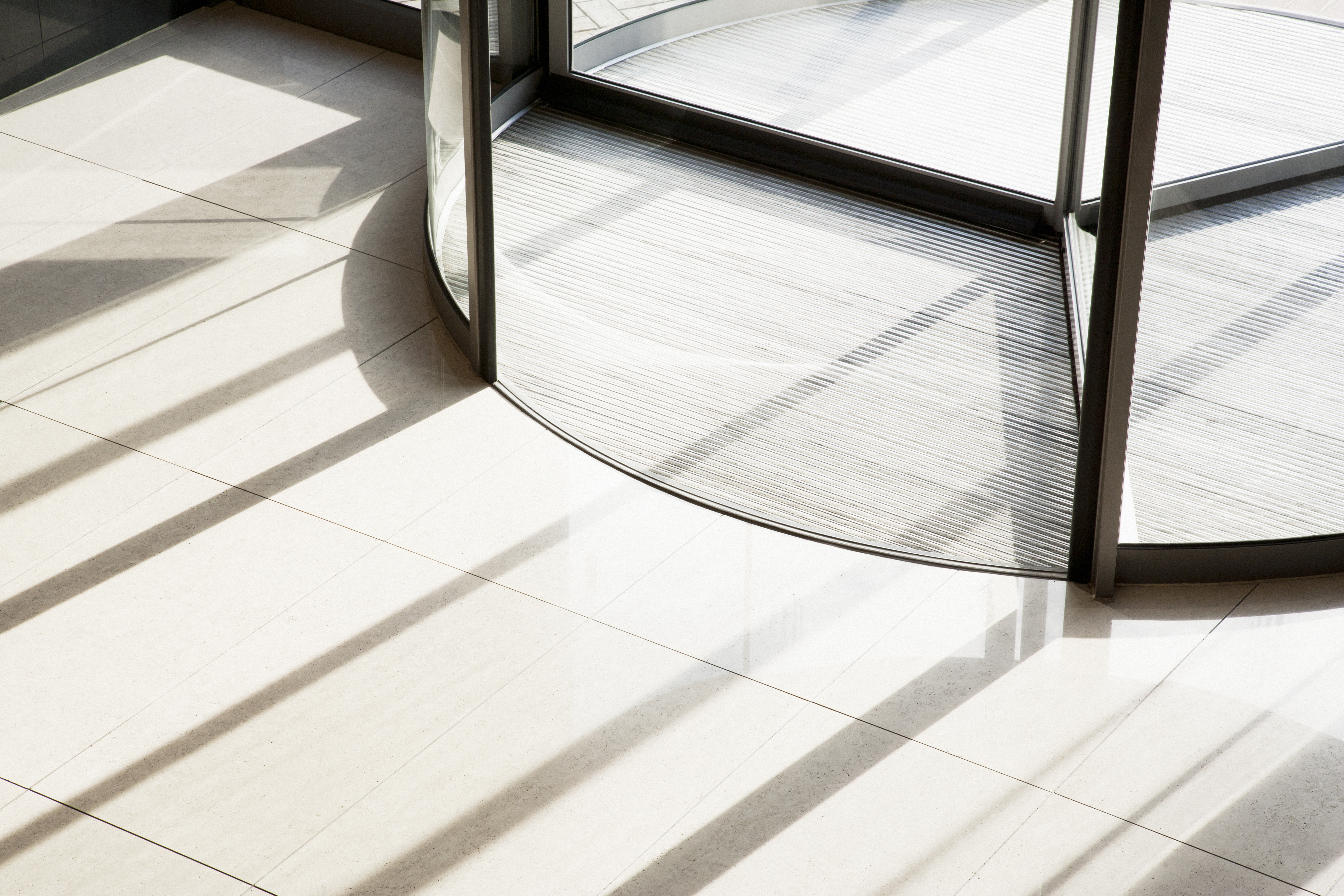
Technology solutions
Our data-driven strategies empower owners and investors across industries.
A technology leader
3,300+
Technologies, data scientists and real estate expert
$400M
Invested annually in technology
14B+ sq. ft
Space with technology implementations

Our fields of expertise